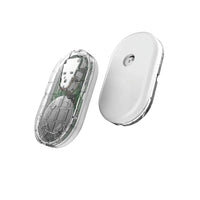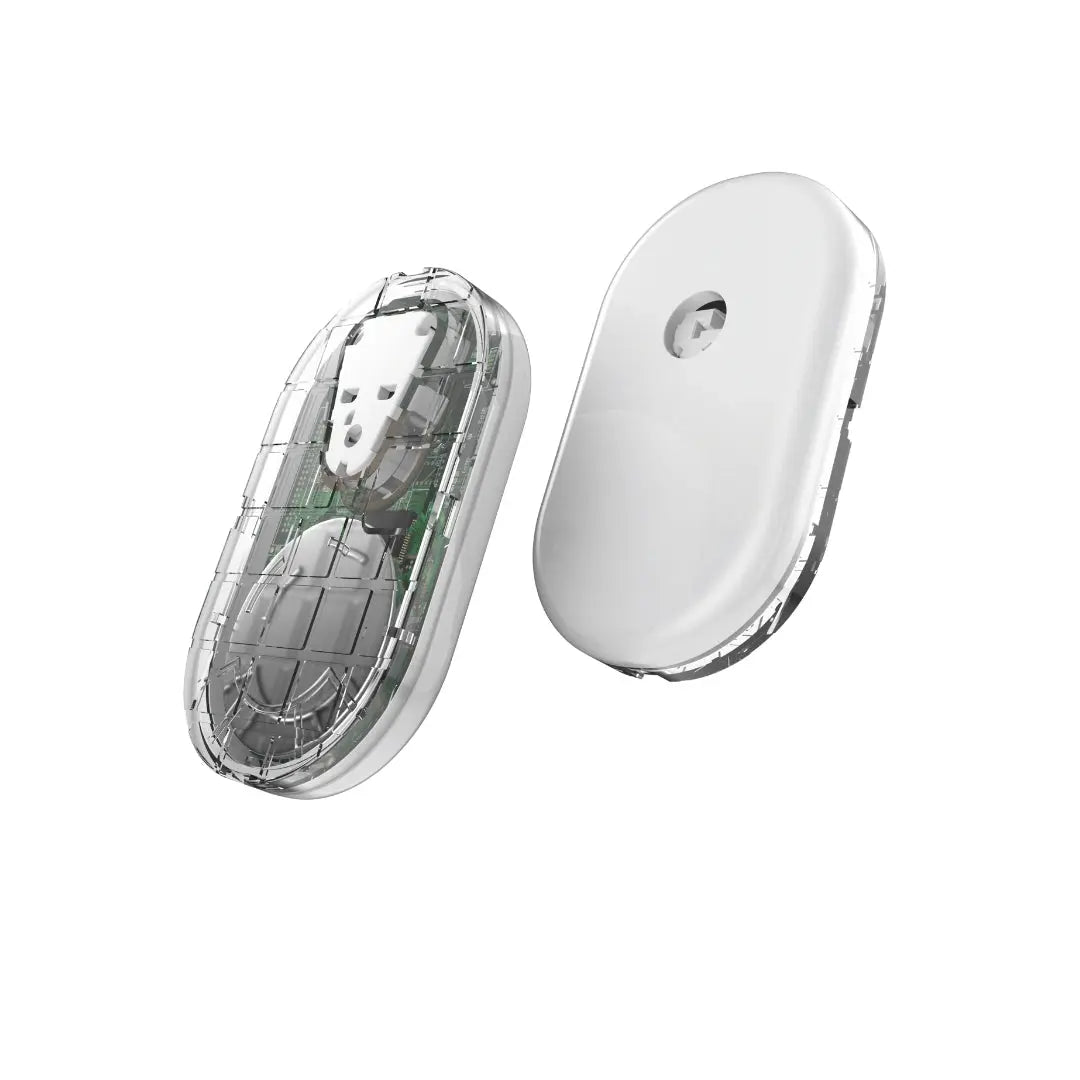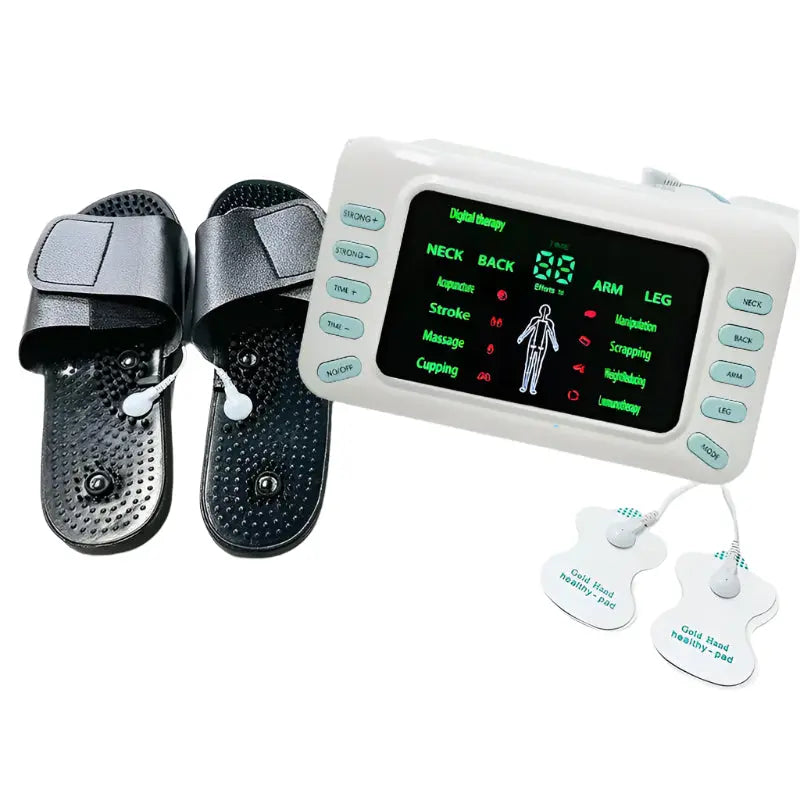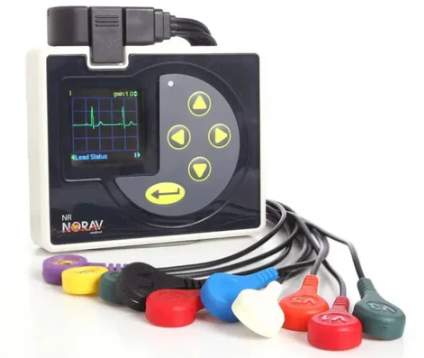Introduction
Irregular heartbeats, medically known as arrhythmias, can be silent yet life-threatening. From atrial fibrillation (AFib) to tachycardia and bradycardia, these conditions can go unnoticed until complications like stroke or heart failure arise.
Thanks to modern technology, ECG (Electrocardiogram) monitors are changing that. Today, patients can detect heart rhythm issues early, even from home, using portable ECG devices that provide hospital-grade accuracy.
In this post, we’ll explore how ECG monitors help in early arrhythmia detection, why regular heart rhythm tracking is essential, and how home-based ECG devices can literally save lives.
What Is an Arrhythmia?
An arrhythmia happens when the heart’s electrical signals misfire, causing it to beat too fast, too slow, or irregularly.
Some arrhythmias are harmless, but others, like AFib, can increase your risk of stroke, heart attack, and heart failure. Early detection is therefore critical.
The Role of ECG Monitors in Detecting Arrhythmias
An Electrocardiogram (ECG or EKG) records your heart’s electrical activity and identifies irregular patterns. Traditionally done in hospitals, ECG monitoring is now possible anytime, anywhere.
Key Benefits of ECG Monitors
Early Detection of AFib & Heart Rhythm Disorders
Portable ECG devices can catch abnormalities in real time — helping doctors intervene before complications occur.
Continuous Monitoring at Home
Unlike occasional hospital checks, a home ECG monitor allows daily rhythm tracking for better long-term care.
Data Sharing with Healthcare Providers
Modern ECG devices sync with mobile apps so you can instantly share your heart data with your cardiologist.
Prevention of Serious Complications
By spotting irregular heartbeats early, ECG monitoring helps prevent stroke, heart failure, and other cardiac emergencies.
Who Should Use an ECG Monitor?
If you fall into any of the following categories, regular ECG monitoring is highly recommended:
-
Individuals with a family history of heart disease or arrhythmia
-
Those living with high blood pressure, diabetes, or AFib
-
Anyone who experiences palpitations, dizziness, or chest discomfort
-
Elderly patients or those at higher cardiovascular risk
Tip: Even if you’re healthy, routine monitoring can provide peace of mind and early warning of hidden heart issues.
Types of ECG Devices for Home Use
-
Portable ECG Monitors — Compact and easy to use, ideal for daily checks or travel.
-
Wearable ECG Devices — Smartwatches and patches that track heart rhythm continuously.
-
Digital ECG Machines — Advanced, multi-lead systems for clinical-grade readings at home or in small clinics.
Why Early Detection Matters
Early detection of arrhythmias can mean the difference between prevention and crisis.
Studies show that patients who regularly use ECG monitors have better treatment outcomes and reduced stroke risk, as doctors can act faster with real-time data.
Conclusion
Your heart speaks — an ECG monitor helps you listen.
With accurate, real-time monitoring, you can catch irregular heartbeats before they become dangerous. Whether managing AFib or simply keeping your heart health in check, a home ECG device is an investment in longevity and peace of mind.
At Berflow Health we offer reliable, easy-to-use ECG monitors designed for accuracy, comfort, and early detection because every heartbeat matters.





